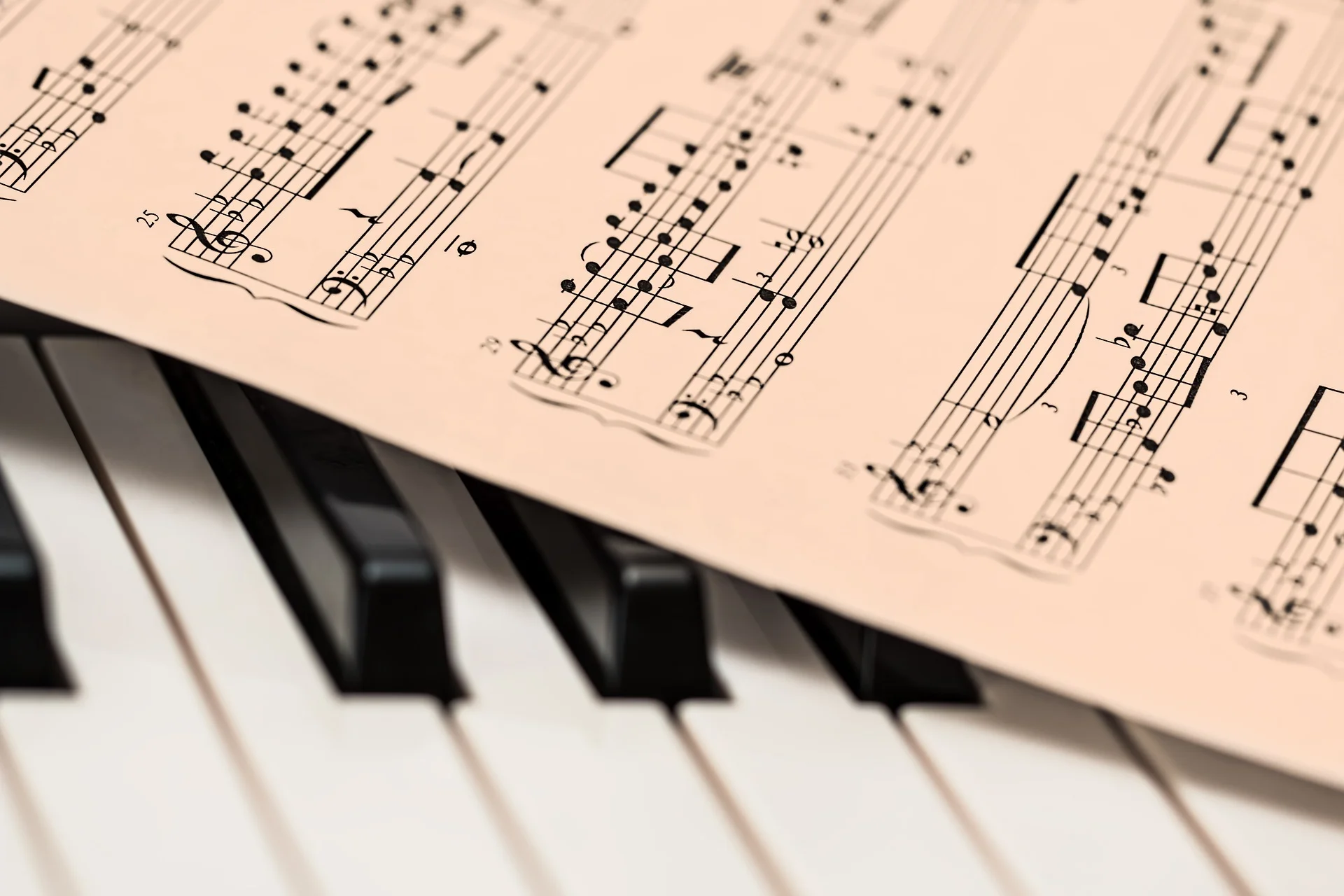By John Hart
Whether you want to start a new instrument, reengage or simply continue on with your current instrument, it’s good to take a moment to consider your purpose for taking lessons. Dream a little! What is it that you want to be able to do with your music? In time, who would you like to be playing for? Are you interested in learning how to improvise on an instrument, or do you prefer to stick with written notes?
As a long-time music teacher and performer, I believe that a well-rounded musician needs to be able to do the following:
- Sight-read scores written with standard musical notation.
- Improvise spontaneously using chord progressions.
- Accompany a singer or solo instrument (using a keyboard) from a score that uses only a melody, lyrics, and chord symbols.
In my next 3 blog articles, I will address each of the topics listed above: sight-reading, improvising, and accompanying.







